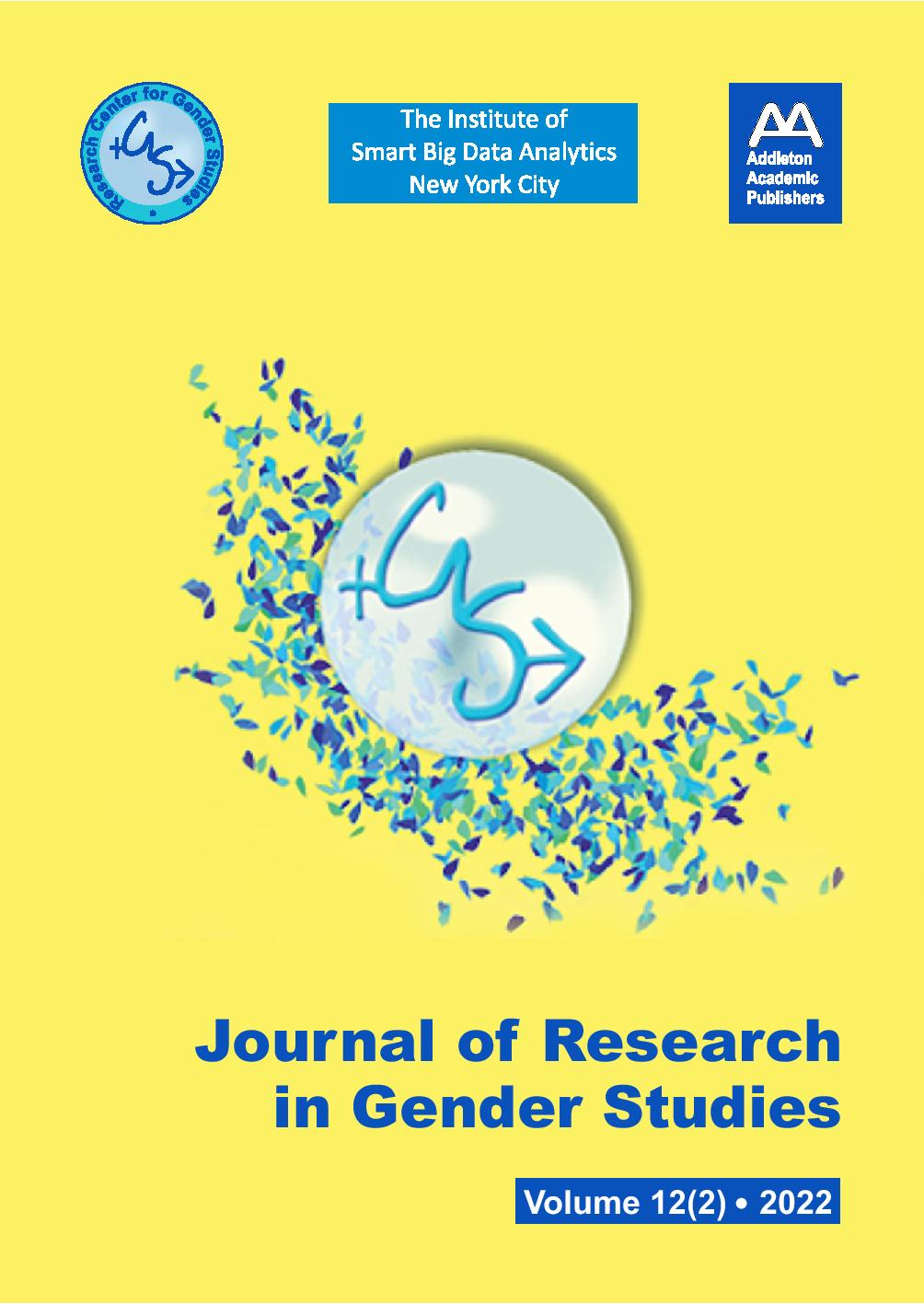Self-Presentations: Digitally Mediated Social Presence, Body Dissatisfaction and Shame, and Ideal Beauty Standards
Self-Presentations: Digitally Mediated Social Presence, Body Dissatisfaction and Shame, and Ideal Beauty Standards
Author(s): Luminiţa PopescuSubject(s): Gender Studies, Media studies, Theory of Communication, Behaviorism, ICT Information and Communications Technologies
Published by: Addleton Academic Publishers
Keywords: image editing tool; visually appealing self-presentation; digitally mediated social presence; body dissatisfaction and shame; ideal beauty standard;
Summary/Abstract: The purpose of this study is to examine face-perfecting filters and filtered self-presentation in relation to physical appearance and attractiveness. In this article, I cumulate previous research findings indicating that beauty filters in terms of thin-ideal imagery articulate body image disturbance, social comparisons, and poor appearance satisfaction. I contribute to the literature on unattainable appearance ideals and body image concerns in visual social media by showing that augmented reality-based beauty apps configure body image concerns, negative distorted self-perceptions, low self-esteem and self-image, and body appearance dissatisfaction. Throughout May 2022, I performed a quantitative literature review of the Web of Science, Scopus, and ProQuest databases, with search terms including “image editing tools for visually appealing self-presentations” + “digitally mediated social presence,” “body dissatisfaction and shame,” and “ideal beauty standards.” As I inspected research published between 2019 and 2022, only 155 articles satisfied the eligibility criteria. By removing controversial findings, outcomes unsubstantiated by replication, too imprecise material, or having similar titles, I decided upon 21, generally empirical, sources. Data visualization tools: Dimensions (bibliometric mapping) and VOSviewer (layout algorithms). Reporting quality assessment tool: PRISMA. Methodological quality assessment tools include: AXIS, Dedoose, MMAT, and SRDR.
Journal: Journal of Research in Gender Studies
- Issue Year: 12/2022
- Issue No: 2
- Page Range: 48-62
- Page Count: 15
- Language: English
- Content File-PDF

